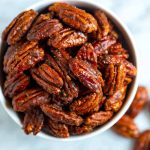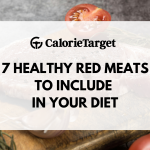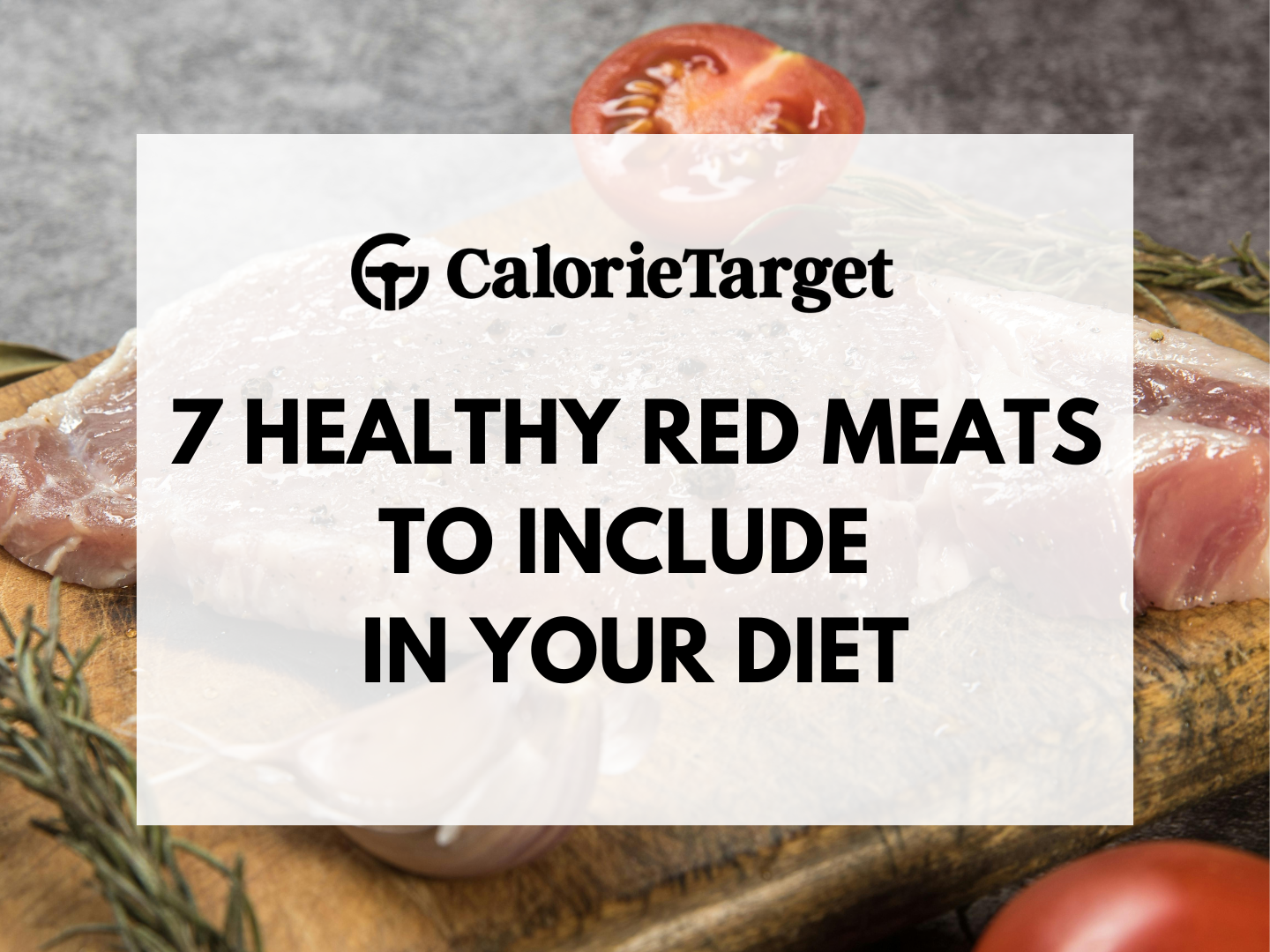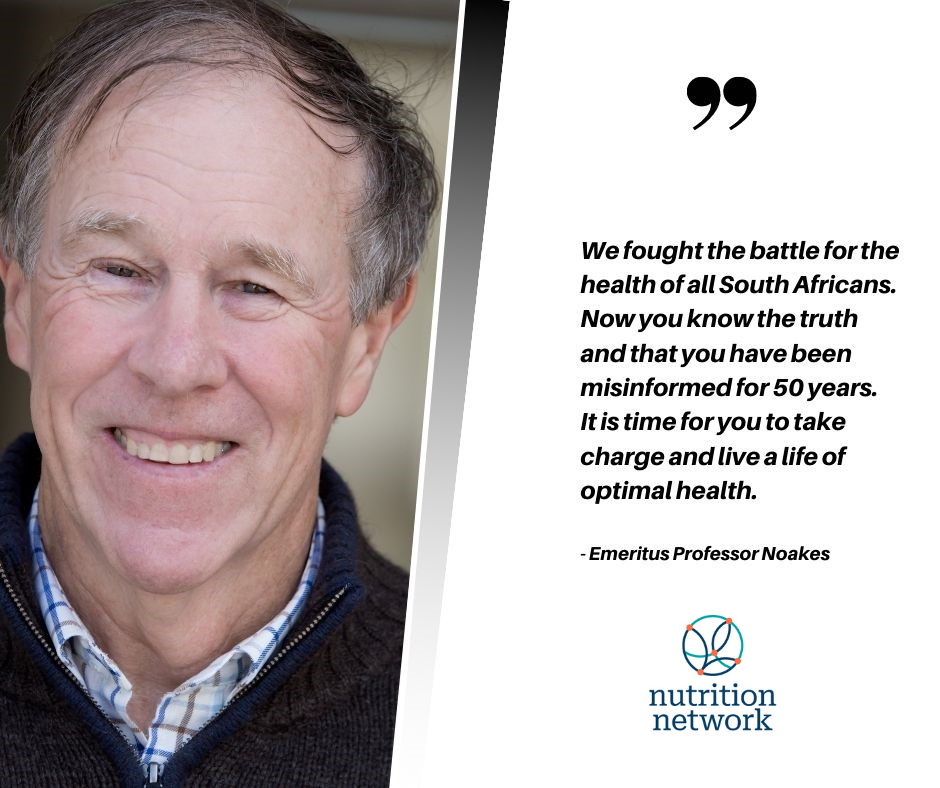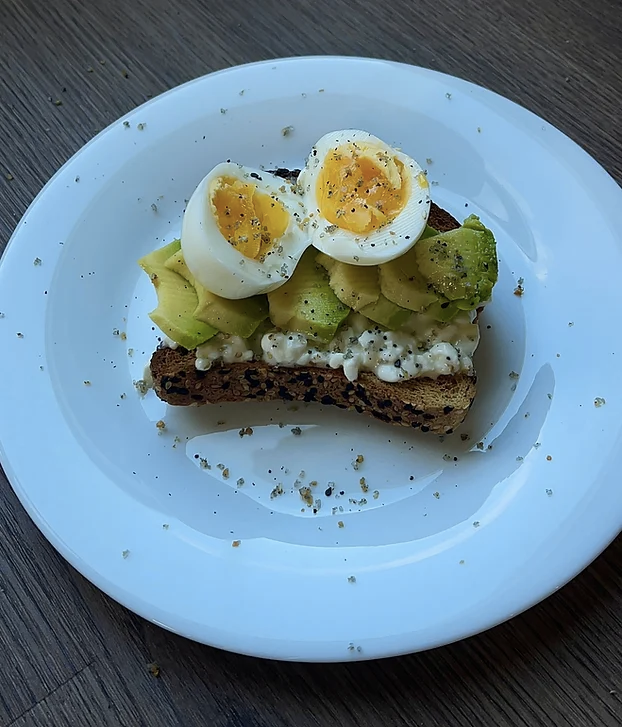
You may have heard the saying “Proteins are the building blocks of life”, but what does this mean? Well, when you think about what the human body comprises: tissues, organs, muscles, skin… this is all made from protein!
What is Protein?
Protein is one of the three macronutrients that give the body energy, the other being fat and carbohydrates. Proteins are made up of amino acids and the amino acid sequence determines the protein's function. It is estimated that the body contains 10,000 different proteins and they are present in every body part!
More on Amino Acids
To better understand what a protein is, knowing what an amino acid is is important. There are 20 different types of amino acids that can be combined in various sequences to make a protein. Of these 20 types, 11 are nonessential, meaning our bodies can make them, and 9 are essential, meaning we must obtain them by the diet.
Why Do We Need Protein?
Protein provides us with energy and is needed to make cells, enzymes, hormones, muscles, and tissue. The human body could not survive without it. Here are some of the many functions of protein:
Cell Function: Proteins aid in cellular structure and are needed for every cellular process including DNA replication, producing other proteins, cell division, metabolism, and signalling outside the cell to move information and material in and out.
Enzyme Function: Enzymes are very important within the body, but what is an enzyme? They are proteins! Throughout the body, chemical reactions occur within cells and enzymes are needed to initiate these reactions. For example, after eating a meal, there are enzymes in the saliva, intestines, pancreas, and stomach that help break down fats, proteins, and carbohydrates for digestion and absorption. Enzymes also help remove toxins from the body, build muscles, and improve nerve function.
Hormones: A hormone is another type of protein that is vital for cellular functions. Hormones are chemical messengers that travel throughout the body to communicate a message to initiate a reaction within a cell. For example, after eating a meal, the body's blood sugar levels go up, which signals the pancreas (organ) to release insulin (hormone). Insulin will then communicate to the cells that they need to take this blood sugar to be used as energy or stored for later. Hormones also interact with enzymes by altering their concentration or activity needed for a certain reaction.
Antibody: Antibodies are another type of protein that are important to human health. When an unwanted substance is present in the body, an antibody will be made to bind to and get rid of it. Antibodies can be found in different parts of the body including skin, saliva, lungs, and even human milk.
How Much Protein You Should Be Eating
As we can see protein is needed for pretty much every function in the body, you can think of it as the starting point for everything, so it is a crucial portion of the diet.
A general rule to follow is to try to get a source of protein at every meal and most snacks to maintain optimal health. It is also recommended to spread this intake throughout the day so your body can properly utilize its protein intake. This is the general rule to follow, however, there are different circumstances that will cause a person to need more protein. Some examples include:
pregnancy
athletes
being physically active
cancer
chronic illnesses
recovering from surgery
Age can also change how your body is able to absorb and use protein, so older adults will benefit from prioritizing protein as well.
Increasing your protein intake
Awareness of your protein intake throughout your day is a great way to optimize your health, stay fuller for longer, beat cravings and energy crashes, and continue building new muscles and tissues. The good news is there are plenty of ways to add protein to snacks and meals, no matter what diet you follow!
Food sources of protein include:
Fish
Poultry
Eggs
Dairy products (such as milk, cheese, and yogurt)
Meat
Soy products (such as tofu, tempeh, edamame)
Seitan
Legumes (beans, peas, lentils)
Meat alternatives (check the nutrition facts table to see the amount of protein per serving size!)
Whole grains (such as quinoa, and buckwheat)
Nuts and seeds
Starting off your day with a high-protein breakfast is a great way to stay full for longer and beat cravings later in the day. Try out this avocado-cottage cheese toast for a great source of protein – click here for the recipe!
Signs You May Not Be Getting Enough Protein
When someone is not meeting their daily protein requirements, they may not notice right away, but a low intake over a long period of time can cause the following;
Muscle loss: Your body will have a hard time building new muscles if you are not providing it with enough protein, and it can even start to break down muscles to get the protein it needs for other more 'vital' functions!
Compromised immune system: As mentioned above, antibodies are crucial for fighting off foreign bodily substances such as viruses and bacteria. Your immune system will be compromised if you don't have enough protein to make new antibodies.
Increased hunger: Protein provides energy and helps us to stabilize blood sugars and feel full for longer. If you feel hungry shortly after eating, you probably are not consuming enough protein in your meals.
Decreased bone development & bone density: Protein is needed to build bone, for those still growing bone mass like children, a low intake can compromise bone development. Older adults who are not consuming enough protein can affect their bone mineral density, which then affects bone strength. This can lead to easier breaks and fractures.
Brittle Hair and Nails: This is often an early sign of protein deficiency. Your hair, skin, and nails are made up of protein, so a lack of intake can cause dry skin, breaking nails, and hair loss.
Works Cited
LibreTexts Medcine. Functions of protein. Available from: https://med.libretexts.org/Courses/Metropolitan_State_University_of_Denver/Introduction_to_Nutrition_(Diker)/06%3A_Proteins/6.05%3A_Proteins_Functions_in_the_Body
MedlinePlus (Internet). Bethesda (MD): National Library of Medicine (US); Protein in diet; (updated 2022 April 13; cited 2023 Sep 9). Available from: https://medlineplus.gov/ency/article/002467.htm
UCLA Health. Are you getting enough protein? Here's what happens if you don't. (2022 Nov 14). Available from: https://www.uclahealth.org/news/are-you-getting-enough-protein-heres-what-happens-if-you-dont

